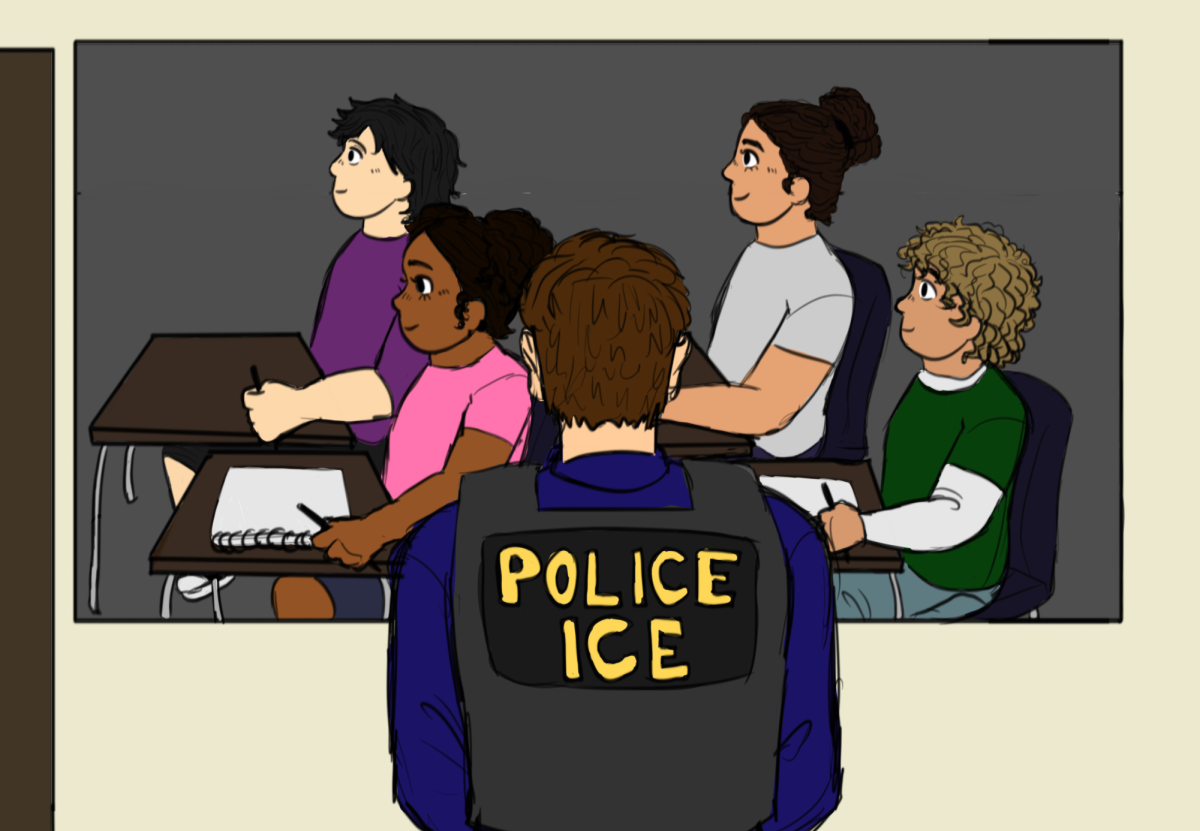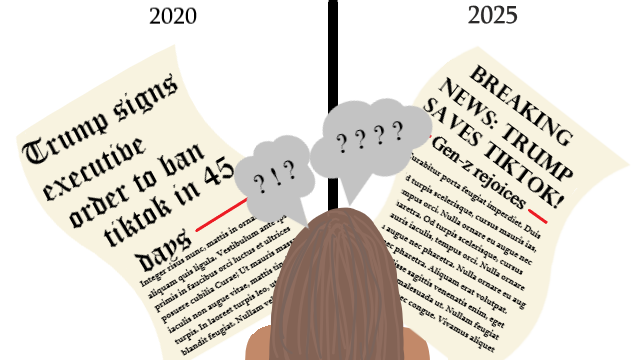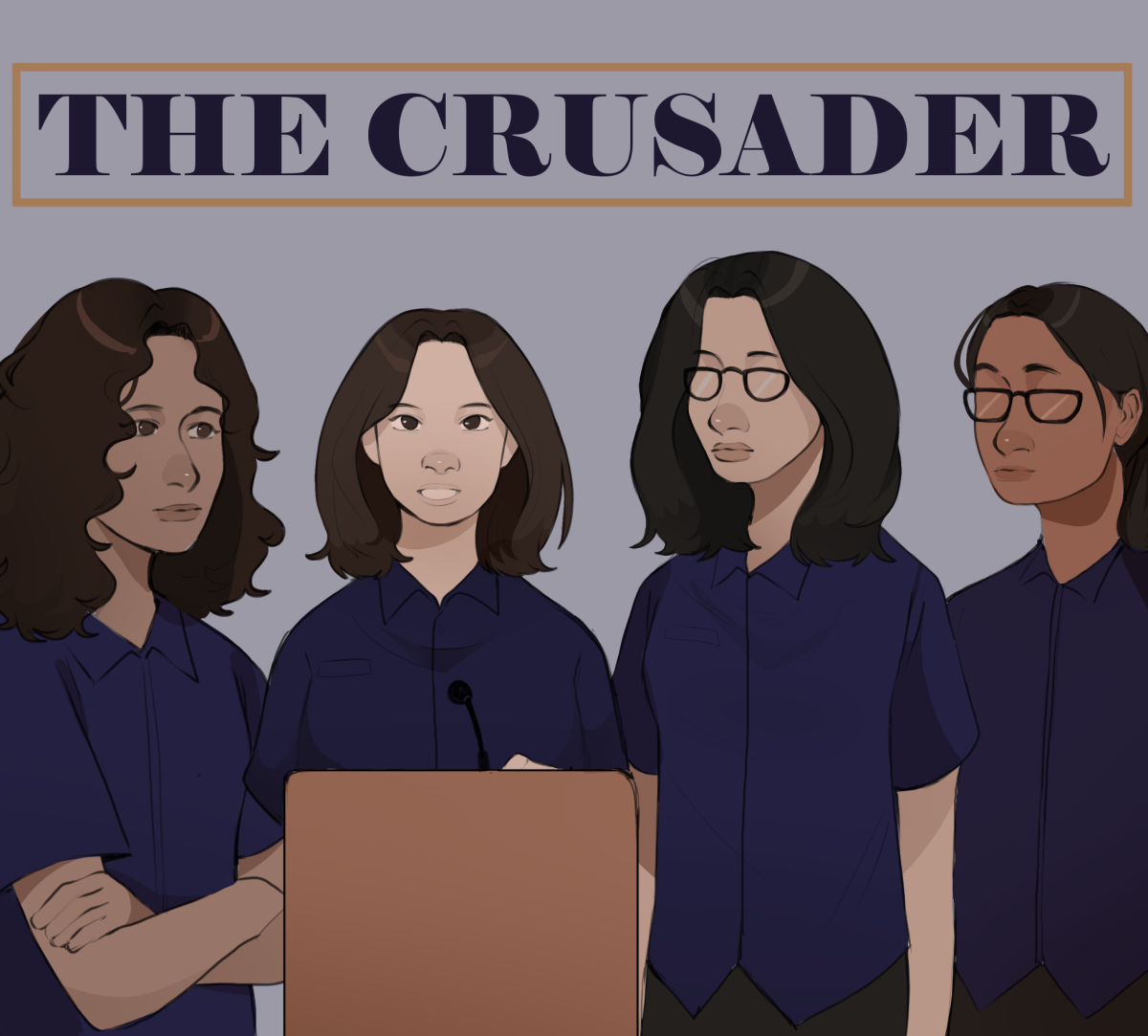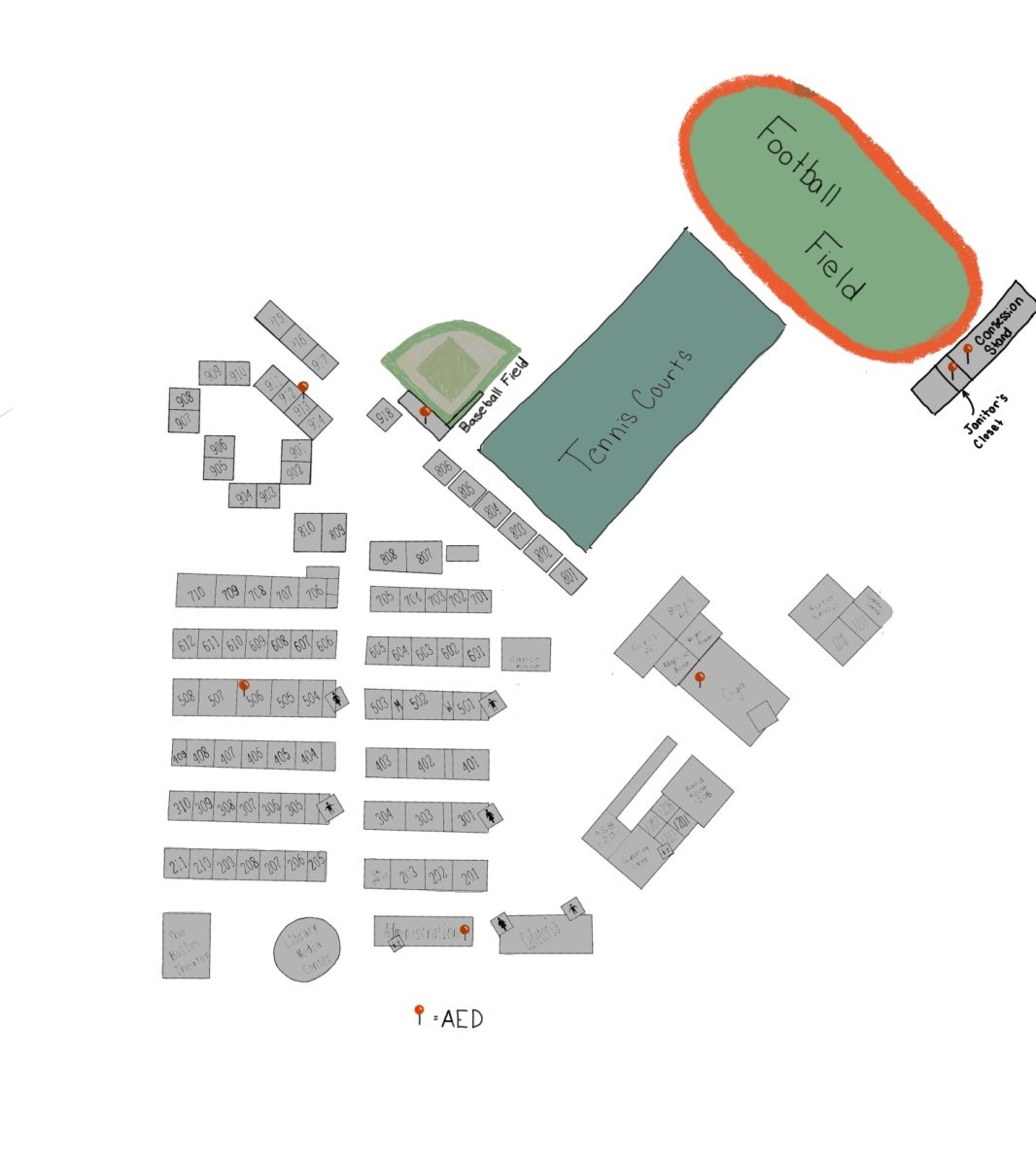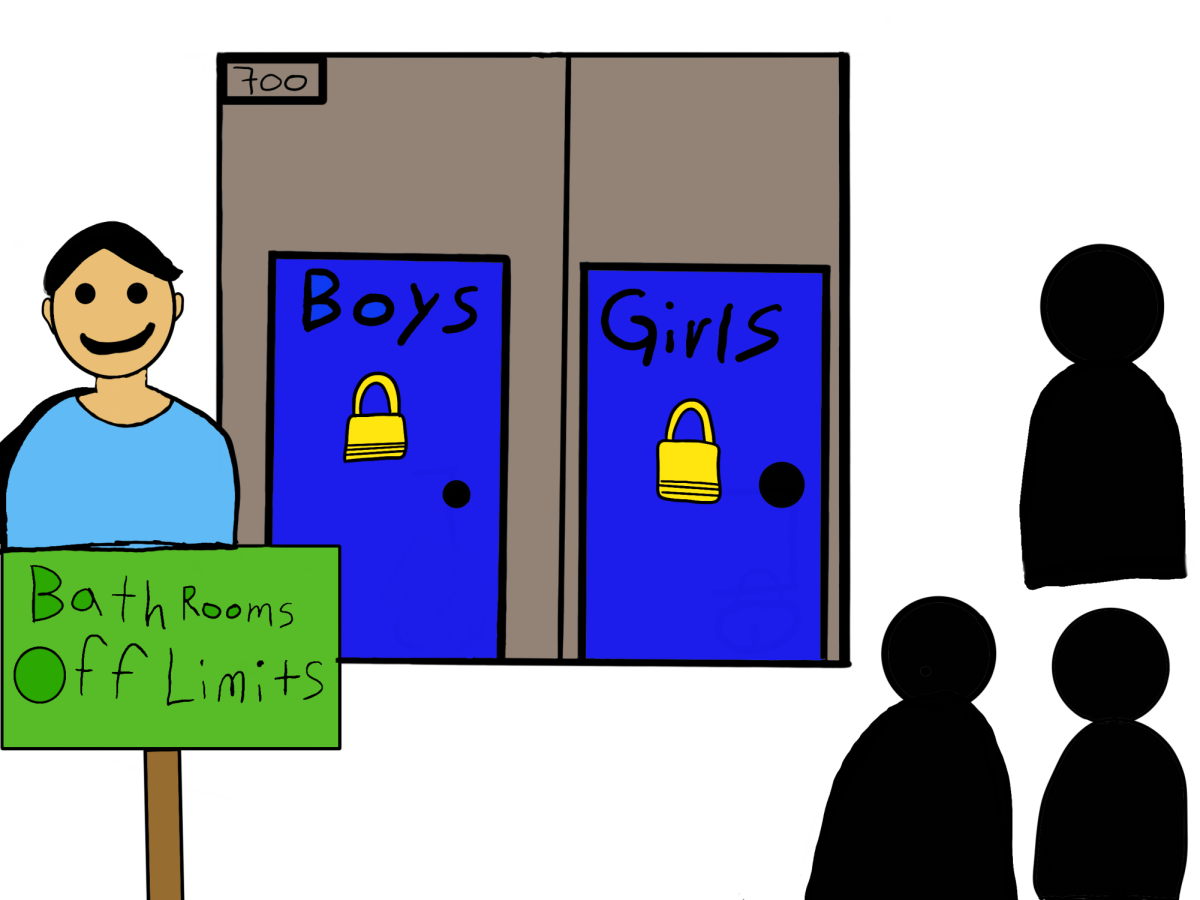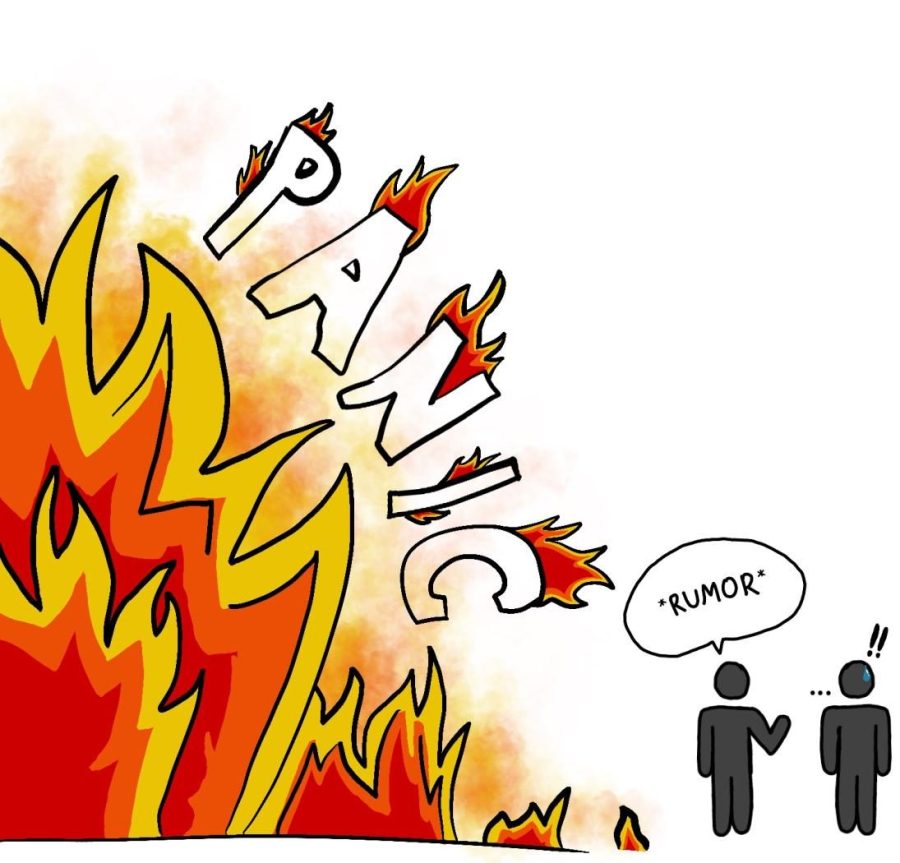The Crusader publication has become increasingly concerned with the recent occurrence of universities dismantling students from expressing their first amendment right; freedom of speech. Despite the commonality of commencement speeches being political avenues, on April 18, The University of Southern California (USC) canceled Asna Tabassum’s—a first generation South Asian-American Muslim—valedictorian commencement speech out of concern regarding her pro-Palestinian views. USC Provost and Senior Vice President for Academic Affairs Andrew T. Guzman stated that in this scenario, “tradition must give way to safety.” However it is critical to consider how educational institutions throughout history have been common breeding grounds for protest.
In an online statement she released via the Council on American-Islamic Relations in Los Angeles, Tabassum expressed how she was “shocked by this decision and profoundly disappointed that the University is succumbing to a campaign of hate meant to silence my voice.” She further explains, “I am not surprised by those who attempt to propagate hatred. I am surprised that my own university – my home for four years – has abandoned me.”
On May 3, Reuters provided a timeline and explanation for the student protests around the country, stating that students are calling for “a permanent ceasefire in Gaza” and “an end to U.S. military assistance for Israel.” Most significantly, however, students are demanding “university divestment from arms suppliers and other companies profiting from the war, and amnesty for students and faculty members who have been disciplined or fired for protesting.”
In California, USC is just one of the campuses where Israel-Palestine related protests have taken place and where students were punished for protesting. Closer to home, the University of California San Diego (UCSD) administration cited safety as a reason for bringing in law enforcement.
On May 6, San Diego Police officers in riot gear stormed a UCSD “Gaza solidarity” encampment. UCSD’s student run newspaper, The Guardian, described that an estimated 64 protesters from the encampment were arrested—some pepper-sprayed or struck with batons by law enforcement. Colleges volatile responses to students’ free speech and protest, is a breach of the values colleges are made to stand for.
University officials have overstepped in the action against students as it is critical that a college campus provides a safe space for students to express themselves and their political beliefs. Following through with this requires a supportive and mandated campus where student advocates don’t feel as though they are at risk of harm.
According to New York Times article, “A Way Back from campus chaos”, it is important to consider how campuses should “only be able to tolerate some degree of disruption, which is inherent to any protest.” It is further stated how a lack of accountability can produce a crisis amongst students who are led to feel systematically harassed or deprived of access to parts of campus life.
While it is an admirable action to advocate for one’s beliefs, protesting must be done in a way that respects the boundaries of those involved. It is apparent that campus officials are currently attempting a safe learning environment for all students through the punishment of protesters. An effective alternative to this is promoting and ensuring peaceful protest for those of varying beliefs in order for all perspectives to feel seen and heard.
Arguments against protest always resemble the statement that with protest, students’ educational process is disrupted, and therefore administration involvement is necessary. However, protests can more significantly shape and enhance education as discourse is vital to any high quality learning environment. The only individuals currently disrupting education are school officials allowing harm be done to students, the removal of graduation ceremonies and commencement speeches.



